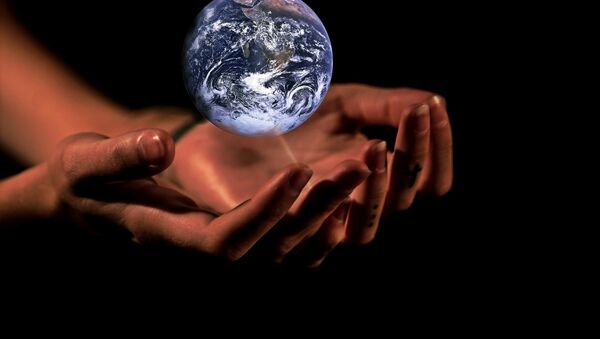"September 2016 was the warmest September in 136 years of modern record-keeping," the GISS said Tuesday.
According to meteorological records, 11 of the past 12 consecutive months since October 2015 have hit a new record, with the exception of June 2016, which previously was considered the hottest June on record but turned out to be "the third warmest June behind 2015 and 1998 after receiving additional temperature readings from Antarctica." GISS director Gavin Schmidt explained that monthly rankings are sensitive to updates, and, though newsworthy, are not as important as long-term trends.
"Monthly rankings, which vary by only a few hundredths of a degree, are inherently fragile," he said. "We stress that the long-term trends are the most important for understanding the ongoing changes that are affecting our planet."
September 2016's temperature was 0.004 degrees Celsius warmer than the previous warmest September of 2014, and 0.91 degrees Celsius warmer than the mean temperature for the month from 1951-1980, according to the GISS statement.
While much of humanity attempts to mitigate the effects of climate change by limiting emission levels, some scientists suggest that it is too late to stop global warming. James Hansen, an American climatologist and former NASA scientist, claimed that it is highly unlikely that the goals of the Paris agreement emissions accords, to limit the average temperature rise, will be achieved.


